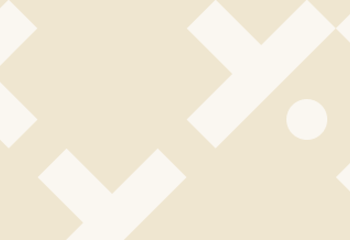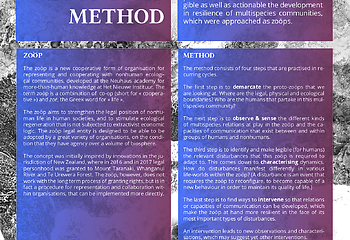With escalating climate change, declining biodiversity and the general habitability of the Earth being put to the test, the current way we collaborate in shaping our society falls short. Non-human life forms such as plants, animals, insects, but also those in the soil such as bacteria and fungi, are only seen as raw material and resources. The Zoöp model seeks to change this entrenched structure. By looking further than the interests of humans and by literally giving nature a seat at the table.
The zoöp is an innovative governance model that fosters a practice of ecological regeneration in organisations by allowing humans and non-humans to work together. It is a radical model that enables any organisation to contribute to ecological regeneration. An organisation becomes a Zoöp by assigning a Board Observer Seat to the Zoönomic Foundation. This foundation has the sole task of representing the interests of non-human life in the operational sphere of the zoöp. The work of the Zoönomic Foundation is done by strictly independent experts who translate the interests of non-human life into the operational decision-making of their zoöp.
The term zoöp is short for zoöperation and is a combination of the Greek word for life – zoë – and the word cooperation. The zoöp is inspired by recent developments in the field of rights-of-nature and works with the insights of the doughnut economy. The zoöp model is:
- Immediate. No change of law required; zoöps can start having an impact now.
- Empowering. The zoöp model channels concerns about the climate catastrophe into action.
- Pragmatic. Transforms complex concepts into actionable practices.
- Open. Applicable to all organisations, small, large, nonprofit and for-profit.
- Coöperative. A network of zoöps that collaborate and share knowledge.
From 22 April 2022 (Earth Day) onwards, Het Nieuwe Instituut in Rotterdam will be the first zoöp in the world. After Het Nieuwe Instituut is officially inaugurated as a zoöp, others will quickly follow. Currently, almost 20 organisations in the Netherlands, Belgium, Germany, Italy and Slovenia already work with aspects of the zoöp model, the so-called proto-zoöps.
The zoöp model is the outcome of research by Het Nieuwe Instituut and is a co-creation of a group of ecologists, philosophers, artists, entrepreneurs and lawyers. The legal structure was developed in close collaboration with the renowned law firm De Brauw Blackstone Westbroek. The zoöp approach works with existing legal instruments, and can be applied immediately. It is therefore not dependent on legislative changes or new policy frameworks, as rights of nature implementations would be.
Want to know more about Zoöp? Read more over here.
Image: Patricia de Ruijter, mediakaal.nl






